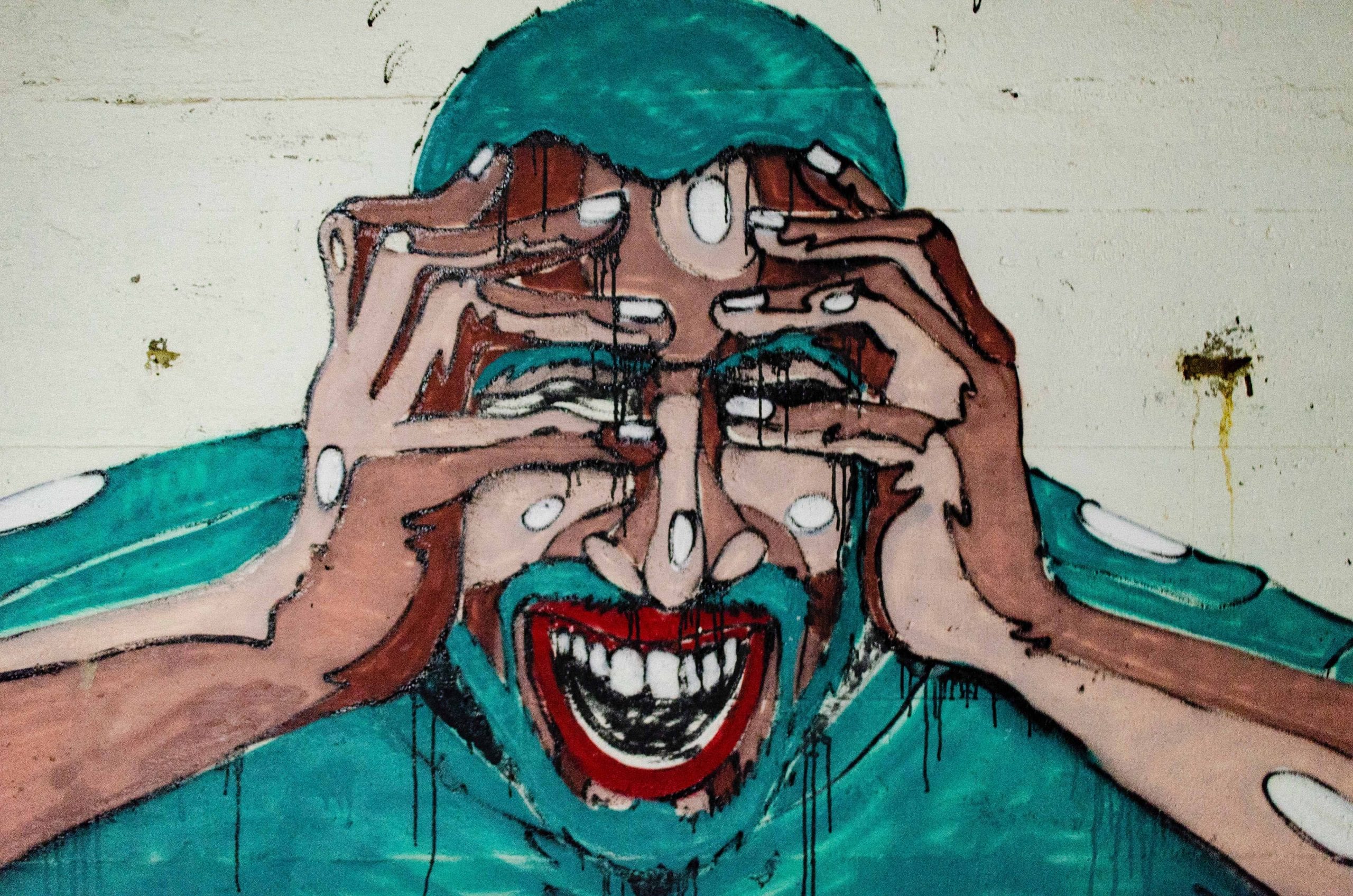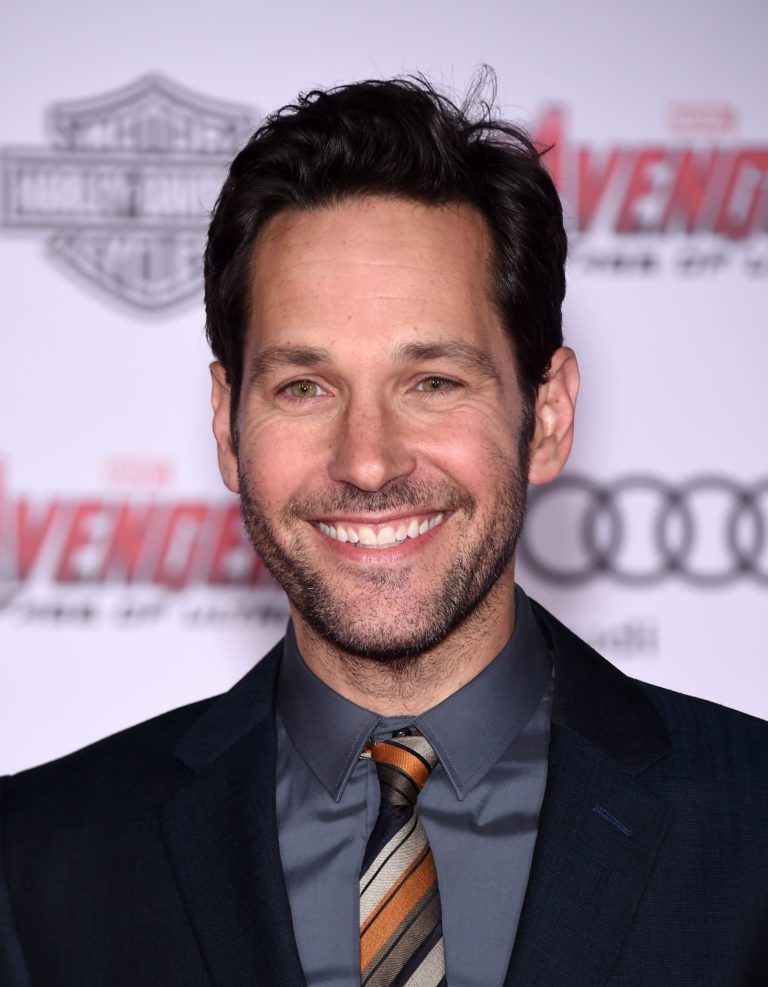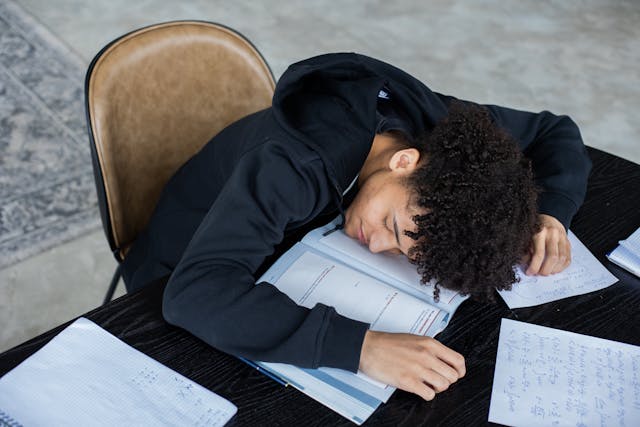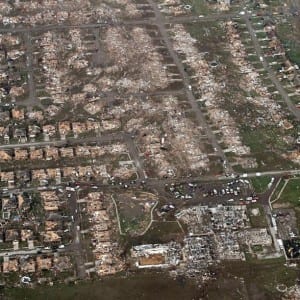
Social media distancing may be the only way some of us can mentally survive the current state of the world. As many of us are getting familiar with the indoors due to social distancing during the coronavirus pandemic, most of us turn to our phones to scroll social media and attempt to take our minds off of the gushing outpour of madness that is happening.
We log on and see the annoying aunt we avoid on Thanksgiving posting conspiracy theories and panic propaganda in the droves. We feel the familiar pit in the center of our stomach grow as the dread of impending anxiety turns into reality. We keep scrolling hoping you will see something funny or a cute kitten video to put us in better spirits, instead we see a friend from high school has posted a strongly worded manifesto about the mishandlings of the government and how the far left or the far right are singlehandedly dismantling the country. Pending anxiety is now turning into a full-fledged panic.
Those of us who suffer from anxiety, panic attacks, depression and/or PTSD have most likely been feeling this a lot lately. Fear and uncertainty are big triggers for some, and the stockpiling of panic information, false news, politicalized debates are weighing heavy on the brains for those of us who overthink or become overloaded with empathic thoughts and feelings.
Staying informed and connected to the world is important as we take this new normal in day-by-day. However, putting yourself first is the number one priority, and to do this practicing healthy social media distancing is key.
Here are some tips on how to enact social media distancing:
Reducing your social media intake to an hour or two a day and giving your brain a break can do wonders for curbing anxiety triggers and rediscovering yourself, the individual.
Find and discover new ways to reconnect with yourself
Yoga, painting, reading a book, meditation, watching a cartoon, writing a list of future goals, and more are all things you can do while taking control of your life and reducing the whirlwind of information being thrown at you daily.
Turn off news notifications
Turn off the news push notifications on your phone. Having headlines thrown at you like hard rocks daily throughout the day can be damaging, limit your news intake to only 30 minutes to an hour a day.
If you have a therapist, continue your routine
If you go to therapy continue your normal therapy routine if possible. Check if your therapist or if any local therapists offer remote therapy sessions and continue your everyday journey of healing even through these times of social distancing.
Set boundaries with loved ones or even strangers
If you see a loved one who is constantly posting theories or information that triggers your anxiety then it is okay to “unfollow” or “unfriend” them for a while until you feel comfortable reconnecting again. You can do this without explanation or if you do explain just explain that although they can post whatever they want for your mental health you have to disengage for a bit.
If loved ones engage in conversation with you that you feel is draining you mentally or making you uncomfortable. You can respectfully explain that to protect your mental welfare you would like to talk about something else or you would like to end the conversation. If they do not understand then this is probably someone you may want to distance yourself from for a bit.
Engage in lighthearted activities
Watch a nostalgic cartoon on sites like DisneyPlus, play a board game on Skype or FaceTime with your friends, or even engage in a solo cooking or baking session. Scrapbook or color in a coloring book. Engage in activities that aren’t so harsh on the brain. Give your thoughts a break.
No matter what you choose to do, know that you deserve mental peace and sometimes social media distancing is the best way to do that.
Also Read: How to Cope with Coronavirus Anxiety















